Company Profile
Self-Understanding and Competence
Social sustainability is the key to LIVABLE PLACES where people enjoy living, working, and thriving. The built environment forms the foundation for our coexistence, our work, cultural development, and personal growth.
We at LIVABLE PLACES view social sustainability as an essential factor for economic and ecological progress, regardless of scale. Our goal is to make the built environment more livable and designed in the interest of its residents and users – for the present and future generations.
By making the complexity of urban life tangible through innovative data strategies and new technologies, we create an objective foundation for forward-thinking decisions, particularly for banks, funds, property holders, and project developers, that improve social processes, development opportunities, and participation for all in the long term.
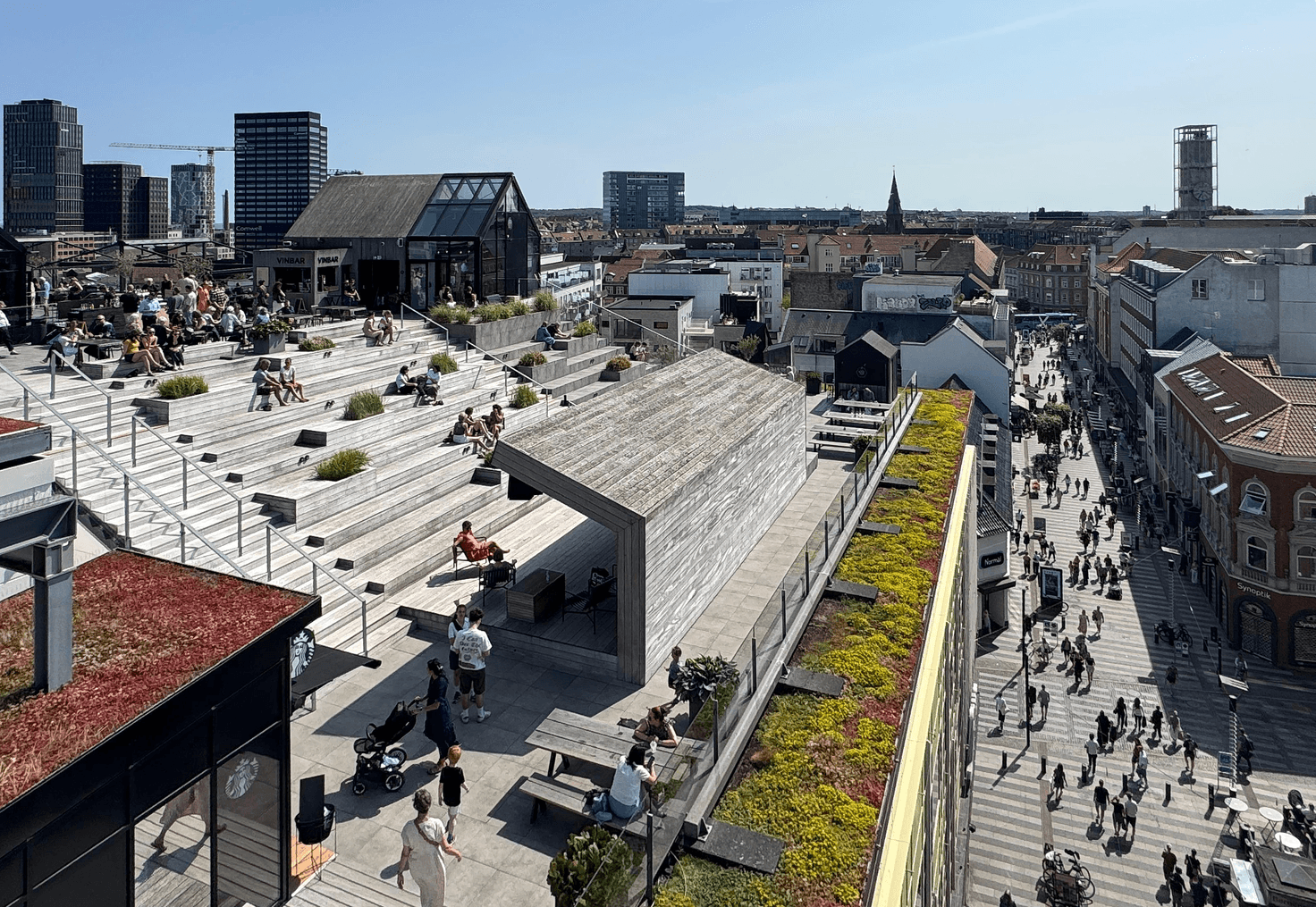
© Thilo Löwe
Team
Passion, Experience, Responsibility.
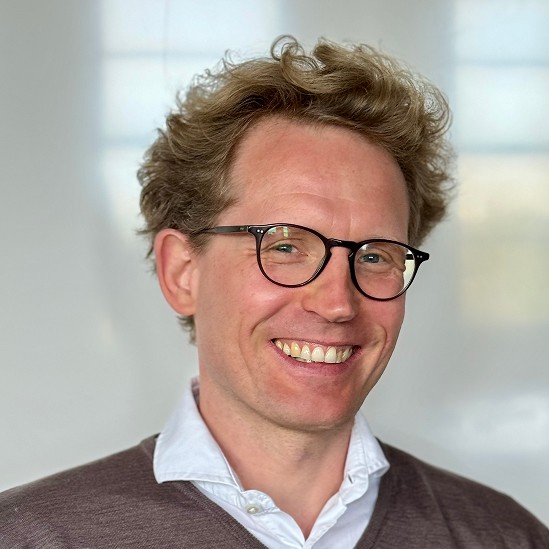
Founder
Nikolas Müller
The architect studied at internationally leading universities and earned a doctorate in sociology on the social construction of cities. His professional focus is on new data usage strategies for the revitalization of city centers, interdisciplinary leadership topics in the real estate industry, and energy and climate policy in the building sector. At the intersection of real estate, society, technology, and digitalization, he strategically develops LIVABLE PLACES. He also heads the Real Estate Management Institute at EBS University of Business and Law and holds the professorship for Real Estate Management there.

Founder
Thilo Löwe
The PhD philosopher and economist is co-founder of Statista—one of the largest statistics databases worldwide with more than 18 million visits/month—and co-founder and partner of Statista Strategy, Statista's subsidiary for strategy consulting and "digital business building." He brings over 25 years of successful, international experience in digital and strategy consulting, including at BCG, as well as in building digital, data-driven new platforms and business models in various industries and in the digital transformation of traditional business processes to LIVABLE PLACES.
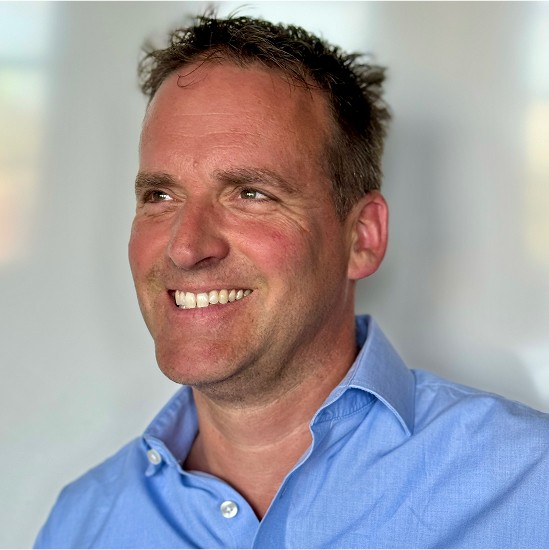
Founder
Phillip Goltermann
The trained architect was responsible as partner and managing director at Drees & Sommer for building up the Hamburg location and expanding into Northern Germany and Scandinavia. He remains associated with Germany's largest consulting, planning, and project management company as a shareholder. As a then-appointed professor at TH Lübeck, he holds various teaching assignments at different universities and leads research projects in the field of digitalization and smart city, including for the BMWK. He is a regional board member of the ZIA Central Real Estate Committee, vice president of the Real Estate and Leadership Foundation, and holds various advisory board mandates. He brings his professional expertise, extensive network, and empowerment and management skills to LIVABLE PLACES.

CPO
Anne Marschner
The CPO is responsible for the product-strategic further development of LIVABLE PLACES. With more than twelve years of experience in product, project, and organizational development, she works at the intersection of technology, market, and organization. She translates strategic objectives into data-driven solutions, robust processes, and scalable structures. At LIVABLE PLACES, she connects product, customer success, and the overall organization, developing a platform that makes the social resilience of neighborhoods measurable and combines social added value with economic viability.
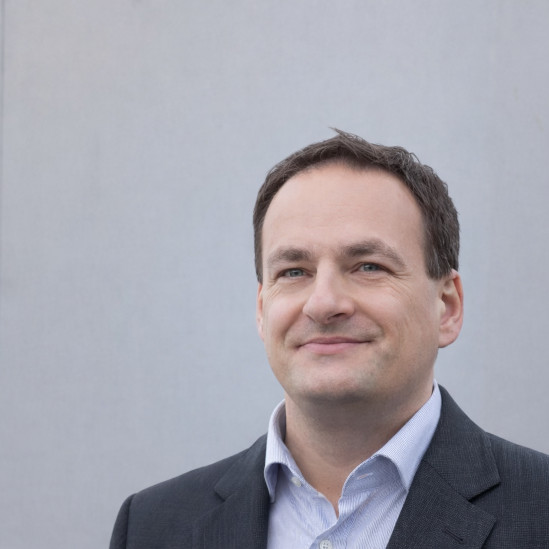
CTO
Lenny Daume
The hands-on CTO brings more than fifteen years of experience in cloud architectures, microservice platforms, and data-driven solutions, combined with a passion for automation and AI. He built hybrid and remote-first teams, established CI/CD-driven DevOps ownership under the principle "You build it, you run it" and delivered scalable software with measurable customer value. At LIVABLE PLACES, he scales the S/Core platform, drives its strategic development, and fosters a learning engineering culture that unites time-to-market, reliability, and responsibility.

Full-Stack Developer
Jan Naubert
The full-stack developer holds a bachelor's degree in computer science, around eight years of programming experience, and a background in data science and design. With great enthusiasm for programming, he supports the team in all areas of software development and contributes to the continuous advancement of the platform.

Senior Backend Developer
Dennis Markmann
The backend developer has over six years of experience building performant, maintainable backend systems with Kotlin and Spring Boot in cloud environments. With a strong DevOps mindset, he works hands-on on the platform and takes a pragmatic, creative approach to problem-solving. His interest in livable urban infrastructure connects him with LIVABLE PLACES' mission.
Advisory Board
Reflection of Societal Values

Chairman of the Advisory Board
Reiner Nagel
Architect and urban planner. Since May 2013, Chairman of the Federal Foundation for Building Culture. Previously, head of department in the Berlin Senate Department for Urban Development for the areas of urban development, urban and open space planning (since 2005). Since 1986, Reiner Nagel has worked in various functions at district and senate level for the city of Hamburg, most recently from 1998 in the management of HafenCity Hamburg GmbH. He is a member of the German Academy for Urban and Regional Planning and an extraordinary member of the Association of German Architects (BDA).
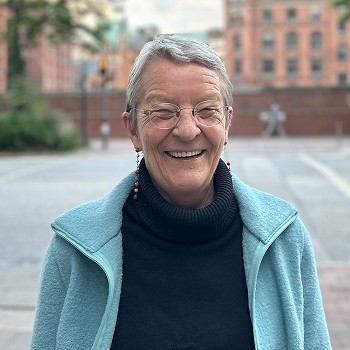
Advisory Board for Values
Prof. Dr. Ingrid Breckner
Prof. Dr. Ingrid Breckner is a leading expert on social inequality in urban spaces. Her research focuses on migration, gentrification, demographic change, and urban development, with a particular focus on the social compatibility of large projects in urban contexts. As a long-time professor at HafenCity University Hamburg, she has played a key role in anchoring social aspects of urban development in research and practice. Her interdisciplinary approach combines sociological analyses with practical recommendations for action for a fairer and more livable urban design.

Advisory Board for Values
Prof. Dr. Mazda Adli
Prof. Dr. Mazda Adli, psychiatrist and stress researcher, is one of the leading experts in urban mental health. He investigates how urban living environments affect mental health and how cities can be designed to be healthy and livable. As chief physician of psychiatry at the Fliedner Clinic Berlin and research group leader for neurourbanism at the Charité Berlin, he combines clinical expertise with innovative research. With his "Stress and the City" initiative and the "Urban Mind" project, he is committed to interdisciplinary urban planning that promotes health and well-being.
Partners
Data Platform as a Partnership Project

Bulwiengesa is one of the leading consulting and analysis companies for the real estate industry in Germany. Particular attention is paid to their data expertise and the use of innovative data strategies. The company operates RIWIS, a comprehensive database that has been analyzing the real estate market and identifying trends since 1990. RIWIS supports the evaluation of markets, properties, and locations and provides well-founded, data-based decision-making foundations for project developers, investors, and urban planners. Through these well-founded data analyses, Bulwiengesa contributes to the long-term improvement of urban life.

Statista Strategy is the consultancy for the strategic development and implementation of data-based new business models. Together with consultants and data scientists from Statista Strategy, we carry out large, tailor-made analysis, strategy, and implementation projects for our clients.

Comaps was founded in 2019 from a research project at the City Science Lab of HafenCity University Hamburg. The software, developed in cooperation with the city of Hamburg, has been successfully used there since 2020. The open source software developed by Comaps forms an important basis for LIVABLE PLACES analyses.
